
Director, UC Davis Memory and Plasticity Program, Professor, Center for #Neuroscience & Dept. of #Psychology
#Memory #fMRI #EEG #Computational #Punk #indie #Music: http://ch-ra.bandcamp.com

A quest to solve fMRI–EEG interference revealed a hidden strength in the usually discarded “dummy” scans. That spark became SASS-fMRI — boosting sensitivity and enabling silent, flexible experiments.
www.nature.com/articles/s41...
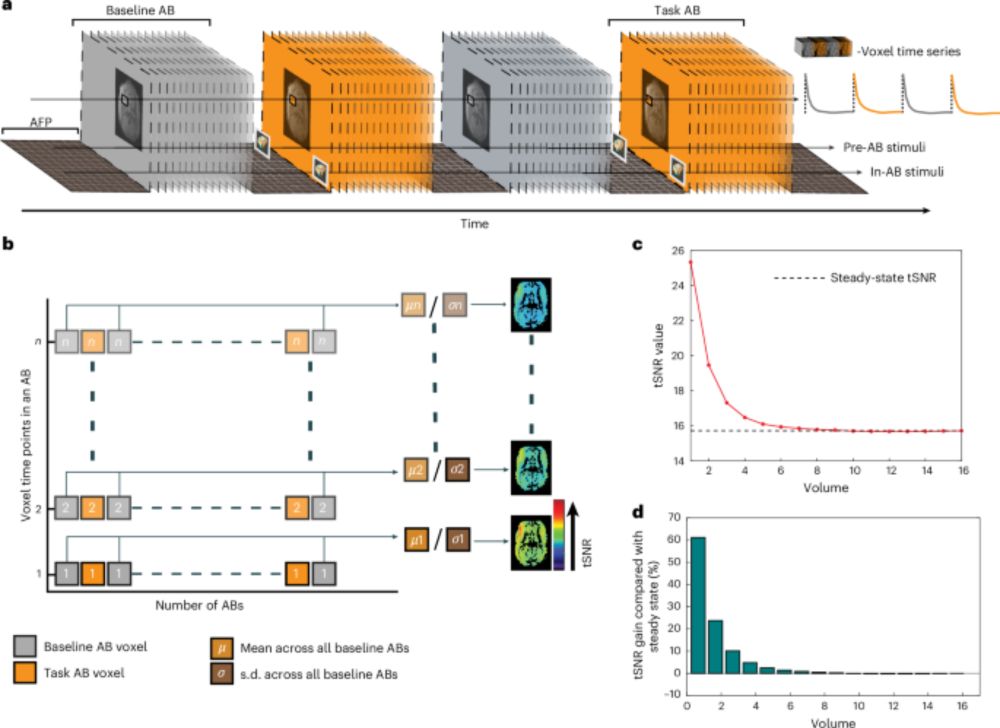
A quest to solve fMRI–EEG interference revealed a hidden strength in the usually discarded “dummy” scans. That spark became SASS-fMRI — boosting sensitivity and enabling silent, flexible experiments.
www.nature.com/articles/s41...
@charan-neuro.bsky.social .
www.npr.org/2025/10/30/n...

@charan-neuro.bsky.social .
www.npr.org/2025/10/30/n...
lettersandsciencemag.ucdavis.edu/news-notewor...

lettersandsciencemag.ucdavis.edu/news-notewor...
Thank you @charan-neuro.bsky.social , @xiaonanl.bsky.social , and @jameswardantony.bsky.social !
doi.org/10.1037/xlm0...
Thank you @charan-neuro.bsky.social , @xiaonanl.bsky.social , and @jameswardantony.bsky.social !
doi.org/10.1037/xlm0...
Critical Artificial Intelligence Literacy for Psychologists. doi.org/10.31234/osf...
🧵 1/



Critical Artificial Intelligence Literacy for Psychologists. doi.org/10.31234/osf...
🧵 1/
10 YEAR OLD ME IS LOSING HER MIND (a thread 🧵)
10 YEAR OLD ME IS LOSING HER MIND (a thread 🧵)
www.momentslab.org

www.momentslab.org

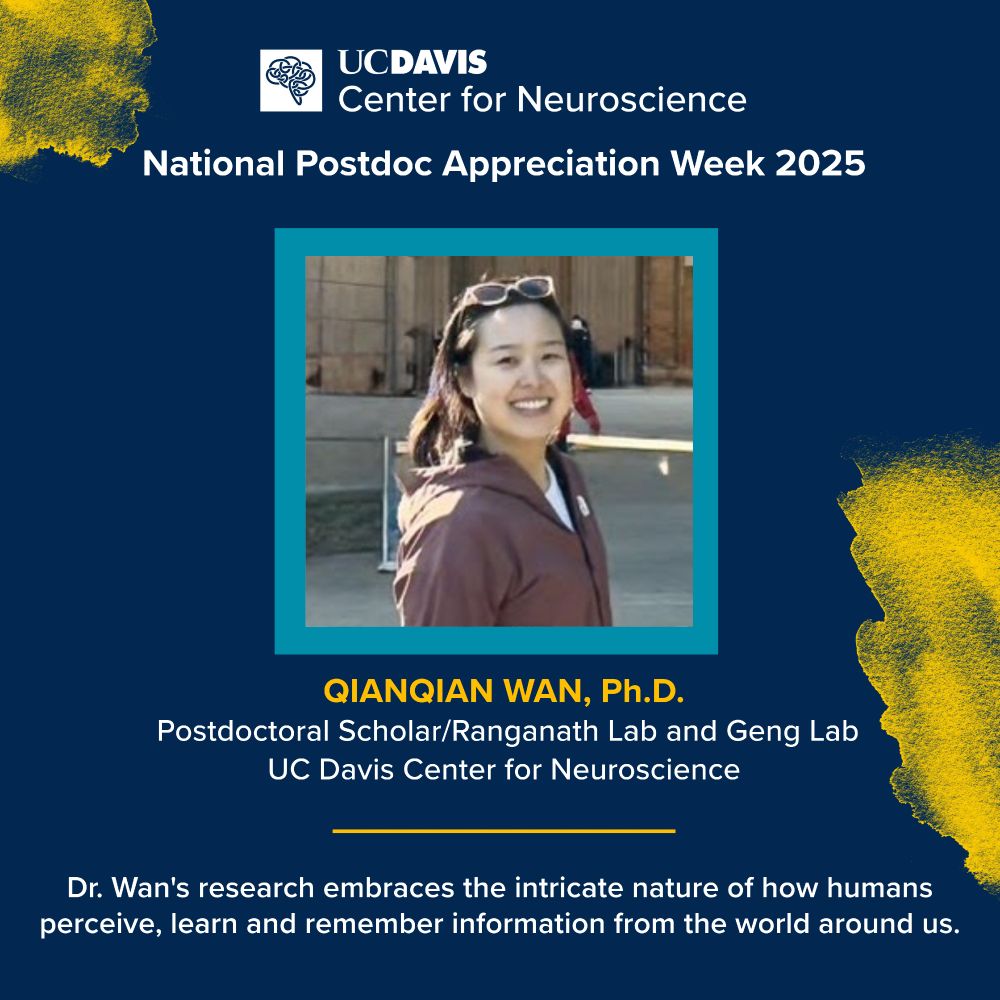


open.spotify.com/episode/0MeY...

Academics:
1. Check if your work is in LibGen at www.theatlantic.com/technology/a...
2. If so, let the lawyers know at www.lieffcabraser.com/anthropic-au...
As settlement approaches, make it easy for the class action lawyers to contact you! Here’s how
Part 1: is your work in Libgen?
www.theatlantic.com/technology/a...
www.nature.com/articles/s44...
Check it out!

📝 @mzinshteyn.bsky.social
📸 Jules Hotz

📝 @mzinshteyn.bsky.social
📸 Jules Hotz
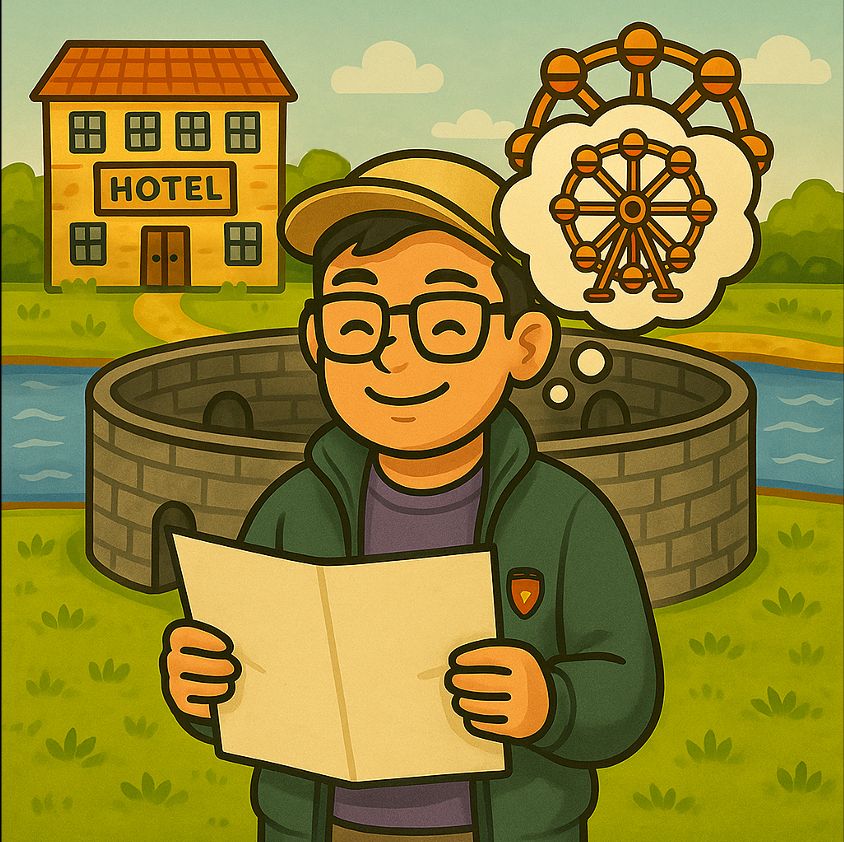
and braingpt.org. LLMs integrate a noisy yet interrelated scientific literature to forecast outcomes. nature.com/articles/s41... 1/8
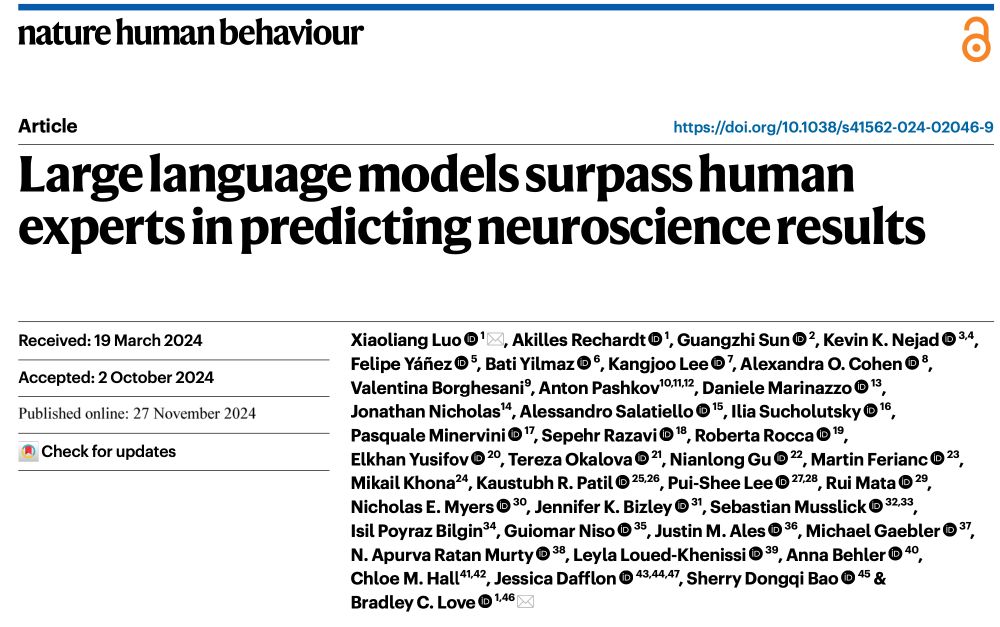
and braingpt.org. LLMs integrate a noisy yet interrelated scientific literature to forecast outcomes. nature.com/articles/s41... 1/8
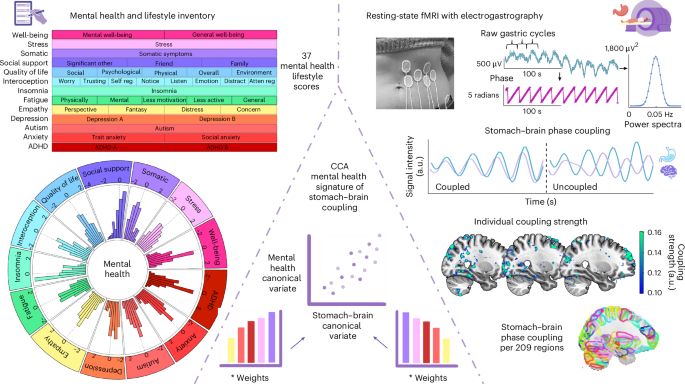
rdcu.be/eyaXA
rdcu.be/eyaXA

We also have an Instagram @thenull_davis and it would really help us to get some follows for getting gigs. Speaking of which, merch is coming soon!
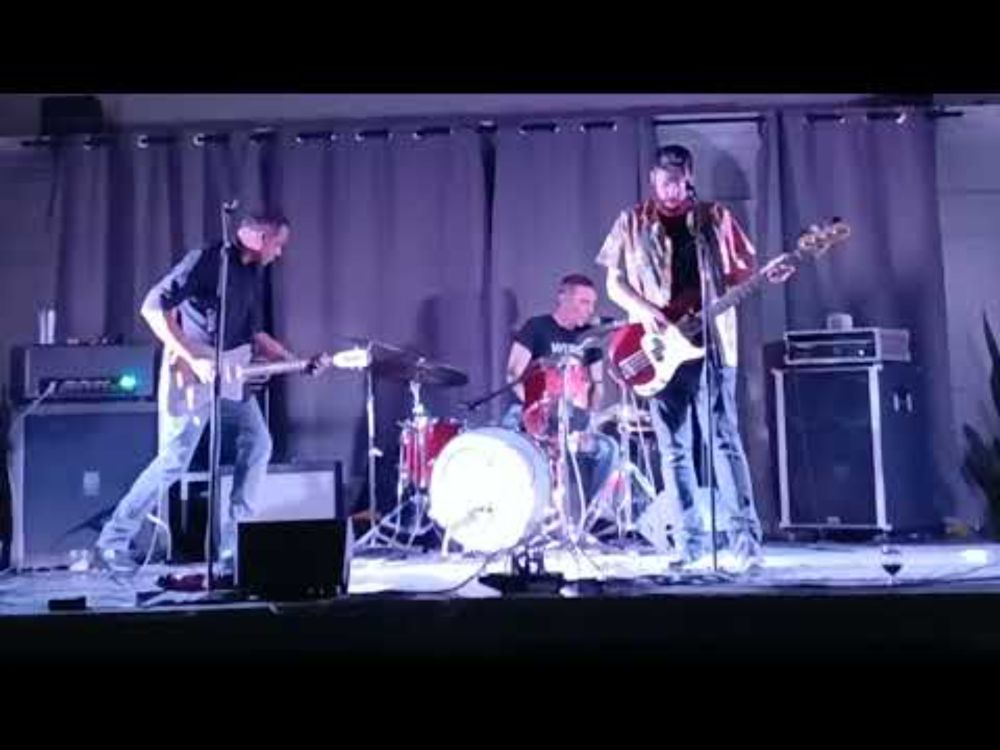
We also have an Instagram @thenull_davis and it would really help us to get some follows for getting gigs. Speaking of which, merch is coming soon!

We investigated how hippocampal and cortical ripples support memory during movie watching. We found that:
🎬 Hippocampal ripples mark event boundaries
🧩 Cortical ripples predict later recall
Ripples may help transform real-life experiences into lasting memories!
rdcu.be/eui9l
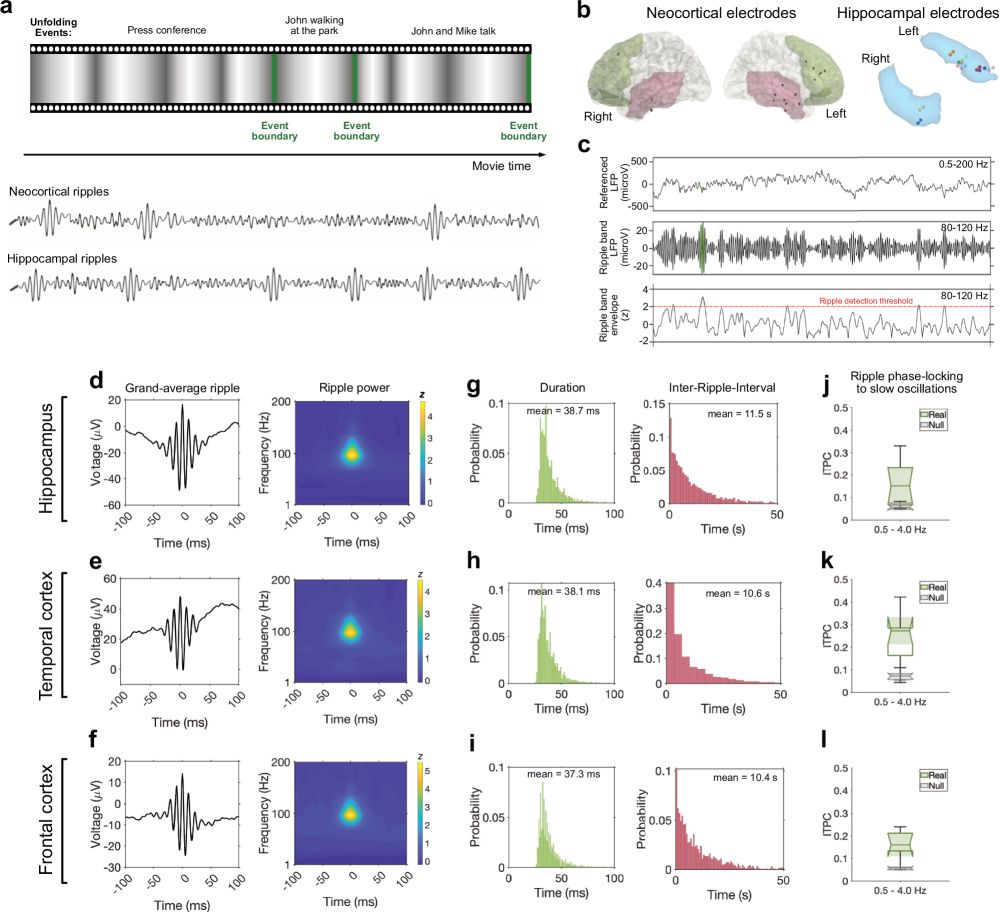
We investigated how hippocampal and cortical ripples support memory during movie watching. We found that:
🎬 Hippocampal ripples mark event boundaries
🧩 Cortical ripples predict later recall
Ripples may help transform real-life experiences into lasting memories!
rdcu.be/eui9l


